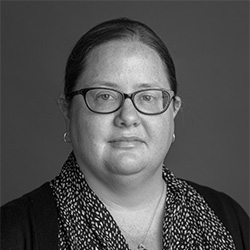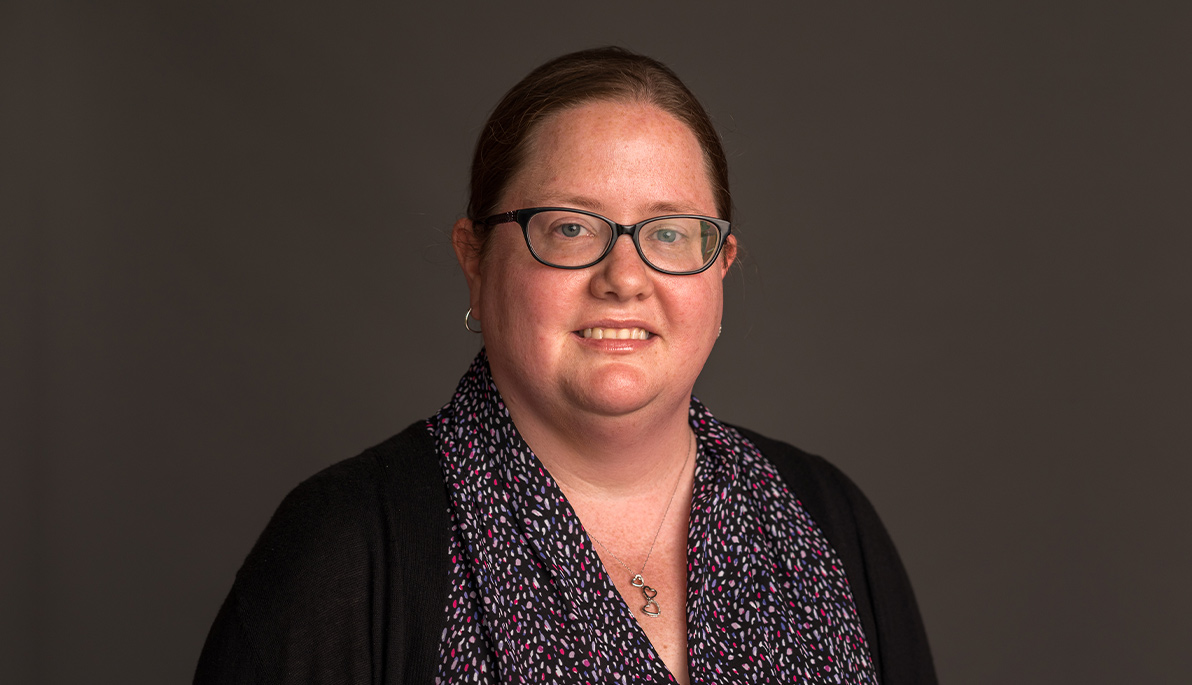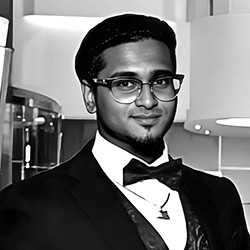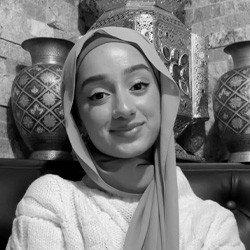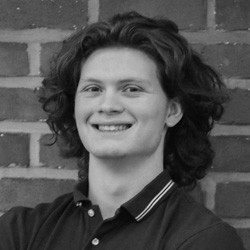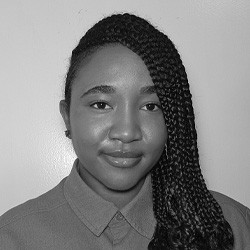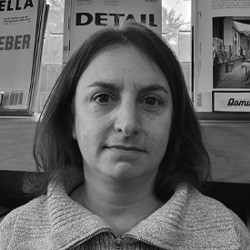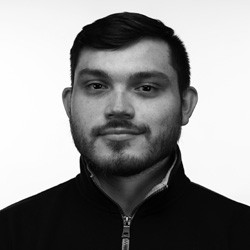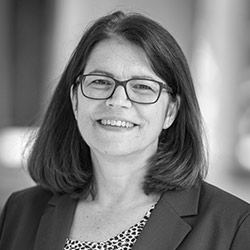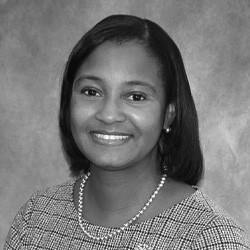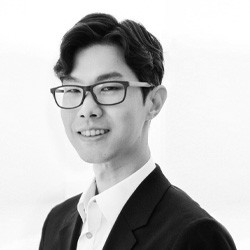In Pursuit of Science
After getting her Ph.D. in chemistry at Penn State University, Jacqueline Keighron, Ph.D., did her postdoctoral research in the laboratories of Andrew Ewing, Ph.D., and Ann-Sofie Cans, Ph.D., at Chalmers University of Technology in Gothenburg, Sweden. Her work focuses on exploring how cells, like the neurons of the brain, communicate with each other. Using analytical tools called biosensors, she explores how neurotransmitters that relay signals from one cell to the next change when the brain is exposed to substances of abuse like cocaine. She spoke to New York Tech News about her career path and current research projects.
Tell us a bit about yourself. What is your personal and educational background?
I was born and raised in Queens, N.Y. I come from a large family that has always been supportive of my educational goals. My parents, especially my father, made a point to always show us what makes things work, from model toys of trains to science kits. My mother worked in the healthcare industry and helped us understand what was happening to us, from the way vaccines worked to how illnesses affected our bodies. These discussions sparked my curiosity in science, and their encouragement allowed me to question and explore many aspects of science from a young age. In high school, I had teachers in biology and chemistry who pointed out my talent and encouraged me to study further and take more challenging courses. In college, I had professors who gave me the opportunity to work with advanced equipment and participate in research. I worked with them as a lab assistant and a teaching assistant, positions they encouraged me to take and in which they mentored me. Towards the end of my college career, my physical chemistry professor pulled me aside to encourage me to go to graduate school.
At Penn State, my graduate advisor was a big influence on my development as a scientist. She helped me develop my skills as a researcher and become a mentor to undergraduate and incoming graduate students. A post-doc in that same lab has also been a great mentor and role model. When she took an academic position and started her own lab, I became her post-doc. She helped me become an independent researcher and develop my own projects and line of research.
What brought you to New York Tech? What has your experience been like?
Coming to New York Tech was a chance for me to move closer to my home and family after living out of state or abroad for many years. New York Tech students are driven and set ambitious goals for themselves that they work very hard to meet. They’re also extraordinarily kind and generous, volunteering their time to charitable works and organizations, peer tutoring, and research projects.
What are you currently working on?
I’m focusing on three projects. The first is my scientific research. My work focuses on exploring how cells, like the neurons of the brain, communicate with each other. I study the chemical messengers, called neurotransmitters (neurotransmitters relay signals from one cell to the next) and how those signals change when the brain is exposed to substances of abuse like cocaine using biosensors. Biosensors are analytical tools that detect and quantify a specific molecule.
The second is incorporating virtual reality (VR) into some of our New York Tech courses. For this project, I work with two professors, Kevin Park from the Department of Digital Art and Design and Dr. Nicole Calma-Roddin from the Department of Psychology and Counseling. We’re developing VR content to complement topics covered in our existing courses. The first content we created is being used in biochemistry and provides students an opportunity to explore a VR environment containing interactive 3-D models of the same molecules they study in the lab.
The third is the newest project. In collaboration with another professor from the Department of Biological and Chemical Sciences, Waldemar Nieweglowski, we’ve started the Summer Reactor, and it ran for the first time in August 2022. The goal of the program is to introduce incoming first-year students to college-level chemistry to provide them with a head start as they begin their academic careers.
What advice would you have for first-year students at New York Tech?
Take advantage of every opportunity available. This means participating in extracurricular activities and getting to know your fellow students. It also means actively participating in your classes. Communicating with your professors in class and during office hours will ensure you get the most out of your educational experience. And lastly, don’t be shy about asking when you need help or guidance; there’s always someone else who has the same questions as you.
This interview has been edited and condensed.
